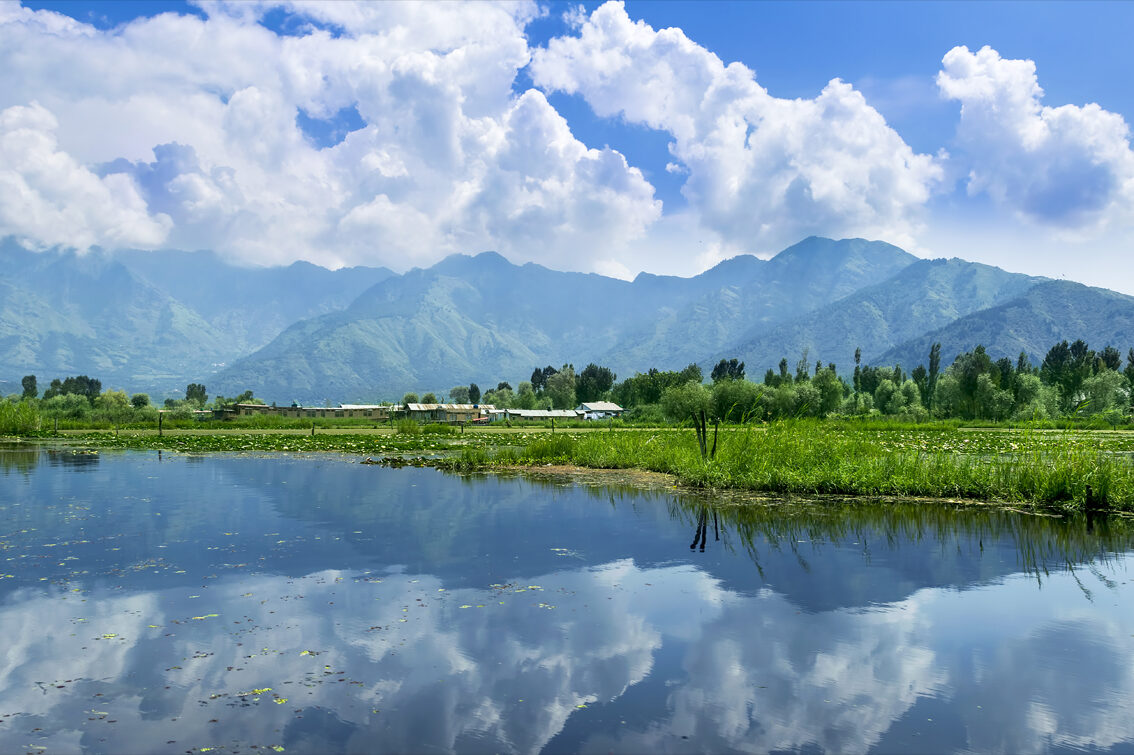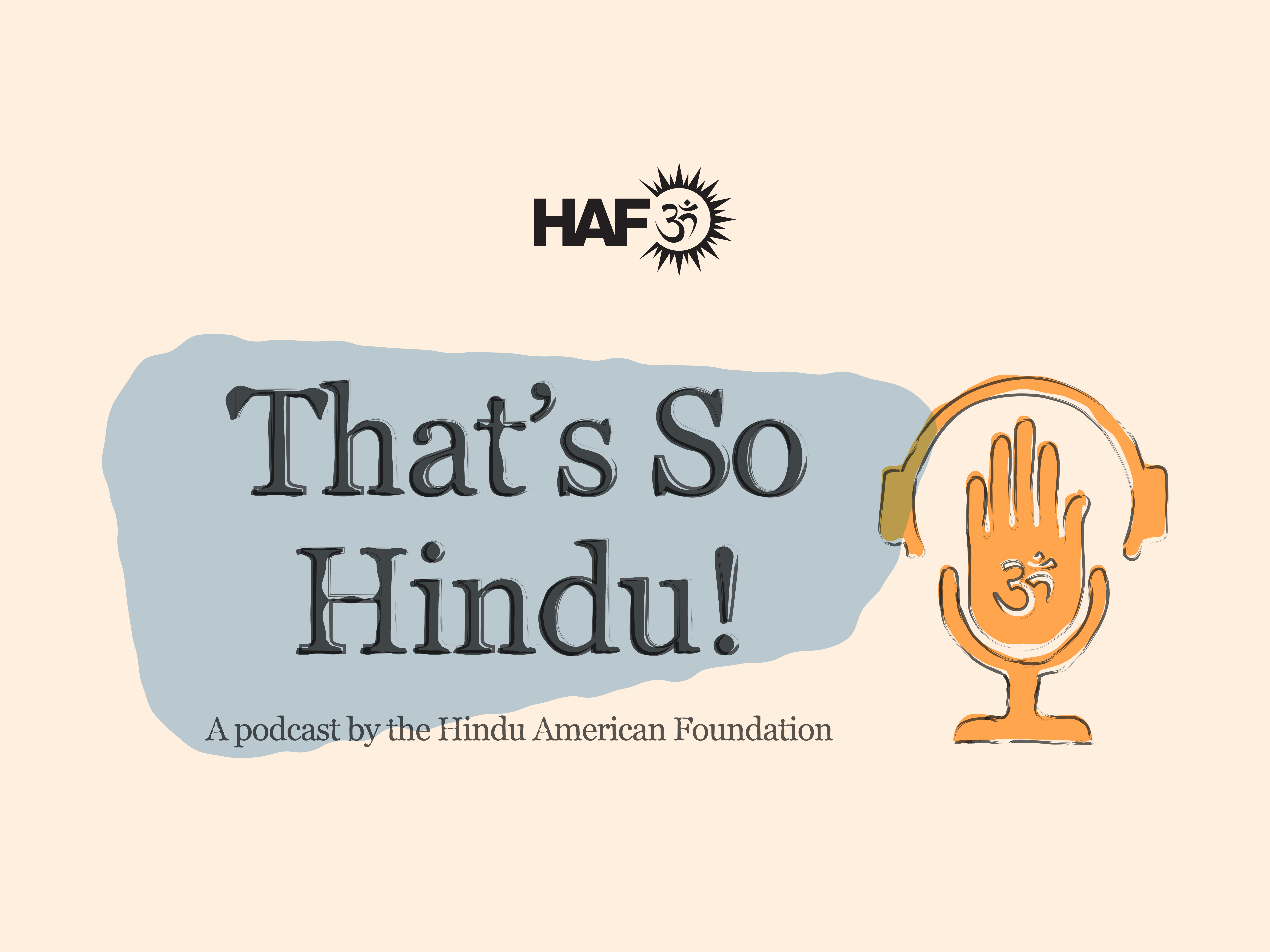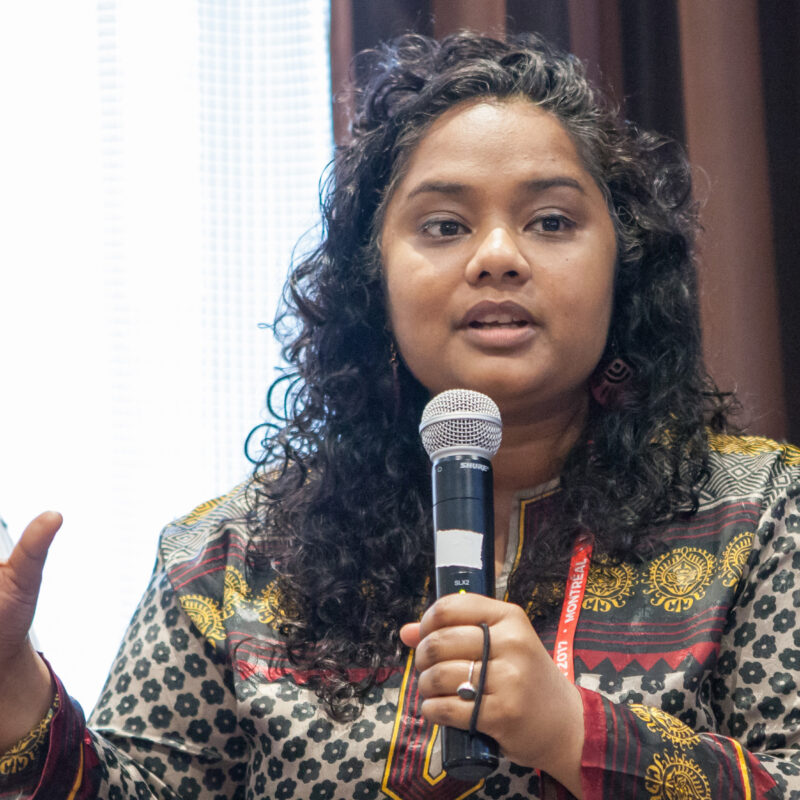

In the days since the Pahalgam terror attack of April 22, in which 26 civilians (all but two of which were Hindu) were religiously identified and killed, alongside the initial messages of sympathy and outrage, as well as the criticism of some Western media descriptions of the attackers as “militants” or “rebels” rather than terrorists, some have tried to connect the conflict in Kashmir to that in Gaza.
Such a parallel has been drawn for some time by anti-Israel and anti-India activists from both Islamist organizations and activists and the Progressive Left. The starkness of the desired methods underpinning this “anticolonial” sentiment are laid out in this following quote, highlighted in The Free Press, from Swarthmore College’s Students for Justice in Palestine group:
“Note to Indians here:” it reads, “you do not get to celebrate palestinian resistance victories if you cannot stomach kashmiri resistance that has declared the indian occupation its enemy since the last seven decades. you do not get to choose convenience and hypocrisy. you cannot extend solidarity to palestine while supporting colonialism under your name, taxes, and votes. no, kashmir is not a human rights issue, not a modi issue. it’s a question of liberation and self-determination, by all means necessary. glory be to the resistance! death to the occupation!”
Say it with me: India has not colonized Kashmir.
To be entirely clear, there is no colonialism on the part of India in Kashmir. Such a viewpoint is simply historically false. The erstwhile ruler of Kashmir, Maharaja Hari Singh, at the time of Partition chose for his lands to become part of India, after armed tribal groups sent by Pakistan invaded to seize his land.
In recent years, the moniker of settler-colonialism has been placed upon India for its actions in Kashmir, especially following the abrogation of Articles 370 and 35A of the Indian Constitution, which granted special administrative status to Kashmir, and restricted non-Kashmiris in the region.
The fact is that the region of Kashmir, while no doubt having distinct cultural components, has been for millennia part of the greater culture and heritage of India writ large. This is something detailed thoroughly in a recent Swarajya article, so I won’t go into all the details here.
In fact, as the Swarajya article also rightly points out, if you want to talk about demographic shifts caused by newcomers to the region, the case can be more easily made that the repeated Muslim incursions over the centuries, as well as the bona fide ethnic cleansing of the Hindu Kashmiri Pandit community from their ancestral homes in the late 1980s/early 1990s at the hands of jihadists supported by Pakistan fit the bill quite nicely.
As for self-determination, shortly after Pakistan invaded Kashmir and Hari Singh, who had initially hoped to stay independent (though that was not an option) and never seriously considered joining Pakistan, decided India was the better home for his people. Nonetheless, at the behest of Indian Prime Minister Nehru, the UN urged a vote by the people of Kashmir to be held, with the precondition that Pakistani forces withdraw. As these troops never withdrew, such a vote never happened at the time and hasn’t since, with Pakistan continuing to occupy a portion of the former Princely State of Jammu & Kashmir (Gilgit-Baltistan and Pakistan-Occupied Kashmir referred to as Azad Kashmir by Pakistan) and the remaining part with India (since 2019, the Union Territory of Jammu & Kashmir). Had the agreement between Hari Singh, which was no different than agreements with many other princely states at the time of Independence, and the newly formed Republic of India been respected, all of that land would be part of India.
That said there are genuine parallels between the war in Gaza (and the Palestinian conflict more broadly) and the conflict in Kashmir. I’ll focus primarily on the Kashmir side of the comparison.
Liberal secular democratic states aren’t part of the plan
As I wrote in 2019, immediately after Article 370 was voted away, those groups advocating for self-determination in Kashmir, by and large, are not looking to create a secular liberal democracy nestled in the Himalaya.
Either as an independent nation or as part of Pakistan, the result of the type of self-determination advocated for in the Swarthmore Students for Justice in Palestine statement would be a living nightmare for religious and ethnic minorities, women, and the gay community of Kashmir.
This self-determination would be Islamic theocracy, not liberal secular democracy. It would create a place that few Western supporters of either the Palestinian or Kashmiri self-determination causes would ever want to live.
The victimizers tell the victims they had it coming or nothing bad actually happened
When you tell civilian victims of a terrorist attack that they are part of a settler-colonial project and therefore deserve what they got, you have lost even the concept of a moral compass.
Blaming rape victims that they had it coming because of the way they were dressed is near universally condemned, but somehow victim blaming Israelis and Indians killed by jihadists in the name of anticolonialism gets a pass.
Now, the victim blaming in Kashmir isn’t quite as obvious as what happened in Gaza, where the violence inflicted upon Israeli civilians was denied to have happened, and then the IDF was accused of the same sort of violence. But nevertheless the sentiment expressed in the Students for Justice in Palestine statement, that civilians had it coming to them based simply on their identity as Indian, is the same sort of gaslighting.
Initial sympathy for victims quickly turns to criticism of any forceful response
In the weeks following the 10/7 Hamas attack, there was a good deal of international sympathy for the victims. Even as pro-Palestinian rallies also immediately began calling for the elimination of Israel entirely, there was a strong outpouring of support for Israel.
But this support for Israel morphed — rather quickly in the history of the ongoing war in Gaza, even if it didn’t happen immediately — into calls for restraint in military response on the part of Israel.
(How any nation is expected to combat a military force dug into an extensive urban tunnel network, using civilian infrastructure to conceal it, and its own population as human shields as well, without significant destruction and civilian casualties is the question no one opposing Israel’s military action in Gaza seems willing or able to answer.)
In the wake of the Pahalgam attack, we haven’t yet seen such a profound shift. As I write this, however, India has bombed nine locations of “terrorist infrastructure” in Pakistan. India stated, “Our actions have been focused, measured and non-escalatory in nature. No Pakistani military facilities have been targeted. India has demonstrated considerable restraint in selection of targets and method of execution.”
The safe bet remains: should India continue to attack terrorist infrastructure, support for the victims will wither away, no matter the size of any further military response.
It is as if India is expected to turn a Gandhian cheek every time and accept that every so often two dozen plus civilians will be massacred by ideological extremists is a normal part of running any nation. India should not accept that, nor should Israel, nor any country.
Writing this from the United States, let’s remember that the right to national self-defense in the face of either terrorist groups or other hostile nations — in the case of the forces arrayed against India in Kashmir, the overlap between those two adversaries is near total — is something inherent in all nations.
We can debate the wisdom or efficacy of different methods and degrees of counterattack, yes. But in that, let us not forget that in having any discussion, to keep sympathy for the victims of the latest jihadist terror attack in the center of our hearts and minds. And let us also not forget the sort of place that will be created, either in Kashmir or Gaza, if the same Islamist groups are allowed to win.








































